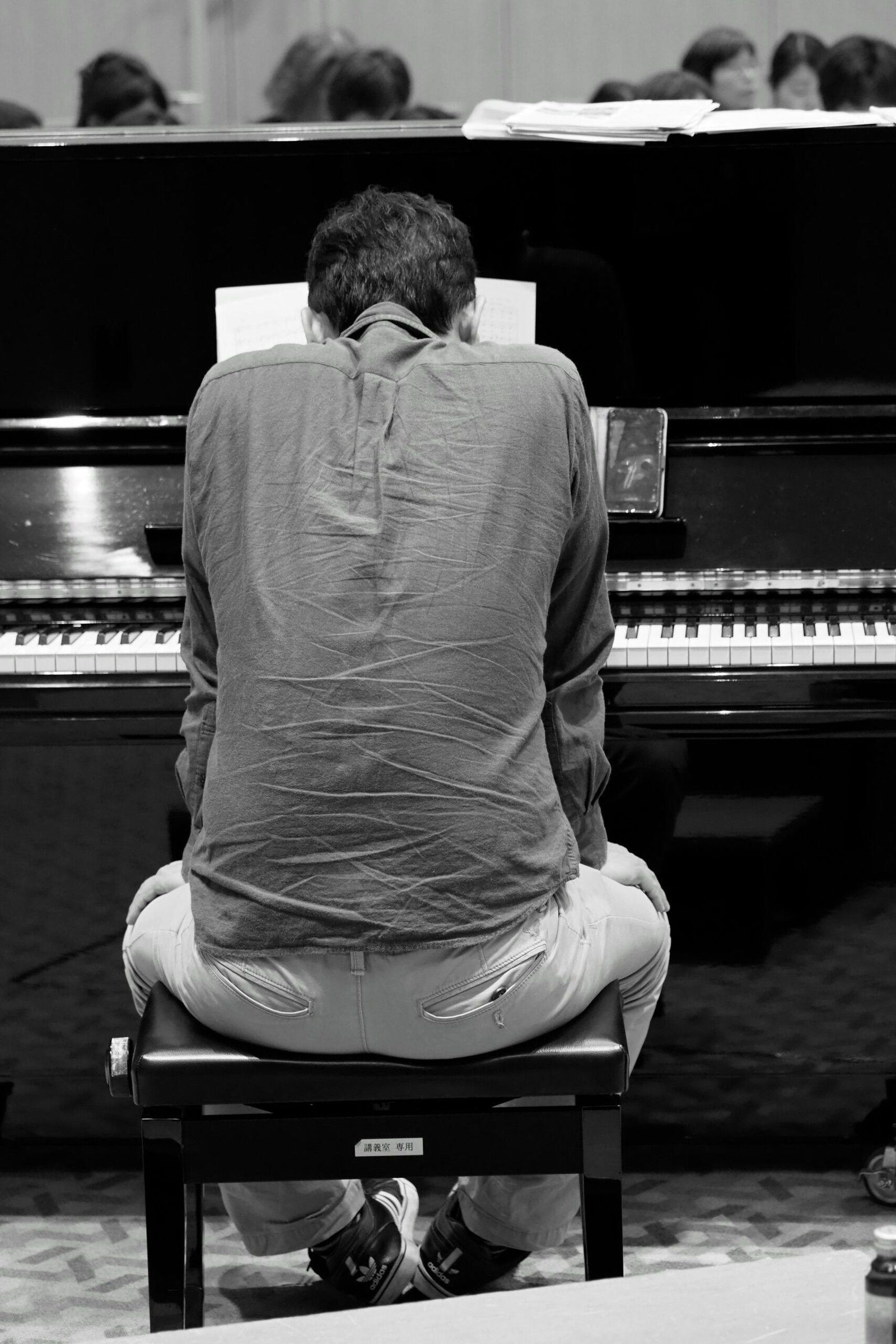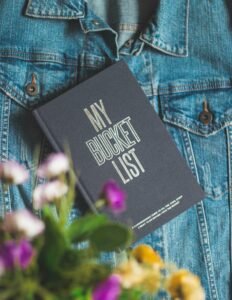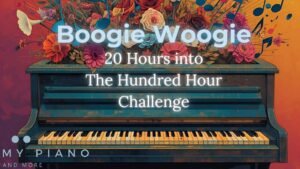A Guide for Beginners

Introduction: The Music We Want to Play vs. Where We Stand
Like almost every beginner, I came to the piano with a powerful desire: to play the songs that moved me emotionally, the melodies that turned into ear-worms in my head, and the tunes that inspired me to start learning in the first place. But as I have progressed I always have to ask myself, “do you really know your level on piano?”
Whether it was an indie classic, a heartfelt ballad, or an awe-inspiring movie theme, I naturally gravitated toward music I wanted to play, not always music I couldplay (yet). I didn’t ask myself, “do you know your level”. I just wanted to play as soon as possible.This desire was motivating—and sometimes frustrating—especially as reality set in about what my actual skill level allowed.
Join in
The Beginner’s Dilemma: Wanting More, Managing Limitations
I found that while motivation pushed me onward, recognizing my limitations as a beginner was essential. My hands weren’t yet nimble enough for complex rhythms, and sight-reading still felt intimidating. I realized that technical skills were built over time, not achieved overnight. Whenever I pushed too hard or too soon, it led not to breakthroughs but to burnout—diminishing my enjoyment and turning piano practice into a chore rather than a passion. That wasn’t a sign for me to stop striving; instead, it reminded me to be realistic about the process, my pacing, and my progress.
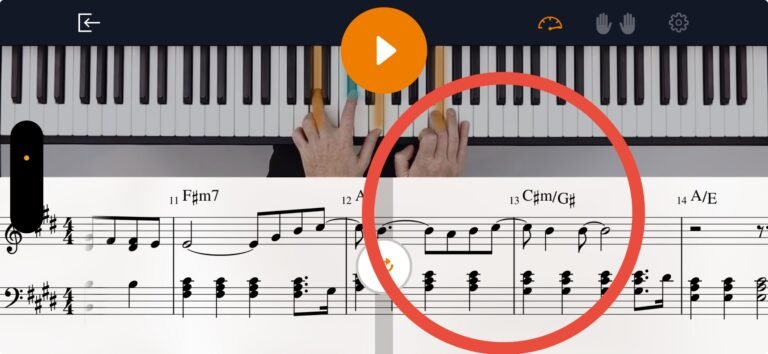
Case Study: Learning “Angels” by Robbie Williams
An example comes to mind: learning “Angels” by Robbie Williams from Flowkey. I wrote a post on this where you can see that I approached it with optimism.https://mypianoandmore.com/learning-a-piano-song-beyond-your-level
The piece is advanced for a beginner, loaded with rich chords and expressive phrasing. The first time tackling it, progress was exciting—until a specific error began to repeat, no matter how often I practiced that passage.
Frustration rose, enjoyment fell. Rather than push through blindly, I decided to take a strategic step back. I decided to focus my attention elswhere and improve on Scales, Chords and a song at a more intermediate level.
Stepping back meant returning to foundational exercises, improving technique in smaller doses, and shelving “Angels” for a future phase. The emotional attachment to the song didn’t leave, and indeed, I am committed to learning it, but the learning process became more enjoyable once the pressure was released.
Can you relate to this experience?
Why We Know the Beginnings of Many Songs
If you browse any piano practice room—or chat with other learners—it’s a familiar pattern: most pianists know the opening bars of many songs, but few finish them. Why is that? Here are some common reasons:
- The beginning feels achievable, especially as tutorials often break it into chunks.
- Motivation is highest at the start, but diminishes when advanced sections introduce stumbling blocks.
- Initial “success” leads to dipping into yet another song instead of sticking out the difficult parts.
But knowing this pattern isn’t a cause for discouragement; it’s a window into our development as pianists.
Self-Assessment: Know Your Level on Piano
Defining Levels as a Piano Beginner
Beginner-level typically means:
- Comfortable with simple melodies, single-note lines, or easy chords
- Able to read basic notation and maintain steady rhythm in simple pieces.
Intermediate-level often includes:
- Some ability to navigate two-hand coordination and simple timings.
- Familiarity with common chord progressions and shifting hand positions.
Advanced-level adds concepts like:
- Playing with expressive dynamics and technical mastery.
- Repertoire spanning genres and challenging passages.
But remember, these are guidelines—not strict boundaries. An advantage of the many apps out there is that you ‘could’ play everything available at each level and move on when you have completed. Some apps even stop you until you have mastered a certain level. But sometimes it’s better to judge for yourself.
4 ways to know your Level on Piano
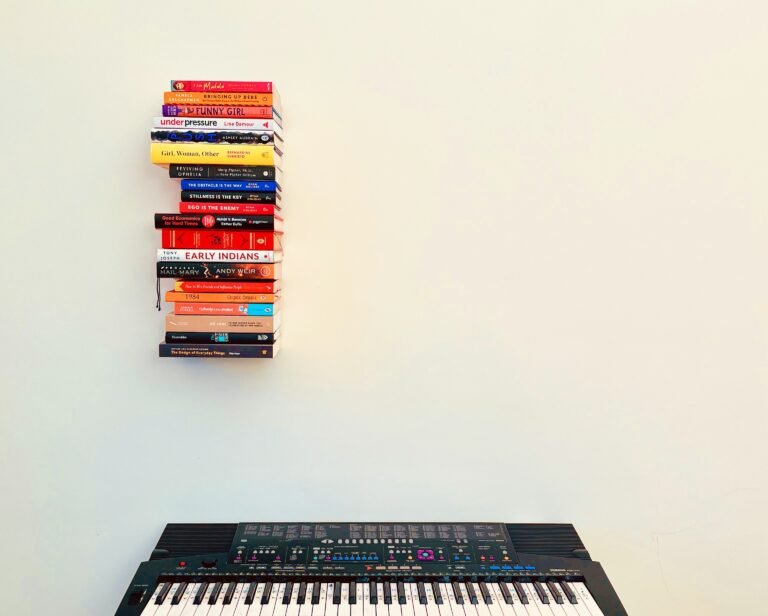
- Take regular video recordings of practice sessions and review critically.
The above video is one of my recordings of the Johann Berens pieces for beginners, a great way to slow stretch your skills.
2. Keep a “progress journal” with honest notes on what comes easily and where you struggle.
3. Use graded method books or apps (like Flowkey, Simply Piano, or Piano Marvel) to compare your progress with their suggested levels.
4. Ask for feedback from teachers, peers, or online communities. such as Adult Piano Beginners
The Limitations We All Face—and Why They Matter
Honest self-assessment helps avoid two main traps in my experience.
Pushing too far, too soon. This can, not only lead to frustration, but in some cases can even cause muscle, hand, back or shoulder injury. Take care.
Staying in your comfort zone too much. A little push is needed to keep that sense of excitement and progress. Without it, where is the fun and self fulfillment?
Strategies to Keep Moving Forward
1. Smart Repertoire Choices
- Alternate challenging pieces with songs just above your current level.
- Break advanced pieces into smaller, focused segments to practice over time.
- Consider “arrangements” that simplify complex pieces for your skill level.
2. Practice Techniques for Progress
- Use slow practice to master tricky sections before increasing speed.
- Isolate problem areas—don’t always start from the beginning.
- Record yourself to track incremental improvement.
Schedule “review weeks” for songs needing more attention.
Practice techniques
3. The Importance of Rest and Reset
- Allow time for muscle and mental recovery—especially after tough practice days.
- Don’t be afraid to shelve a song temporarily; revisit it when you’re ready.
- Celebrate small wins: finishing a chorus, mastering a transition, improving hand independence.
4. Building a Habit, Not Just Reaching a Goal
- Focus on regular, manageable practice rather than marathon sessions.
- Set weekly targets tied to measurable outcomes, like “learn the left hand for verse 1.”
Integrate music you love—but accept that some pieces will take months, not weeks.
Final Thoughts
Piano learning is a lifelong journey, not a race. The trick is balancing challenge with enjoyment, progress with patience, and dreams with realistic steps. If you’re a beginner, embrace every note—whether it’s the start of a song, the errors along the way, or the satisfaction of playing for yourself.
Which piece are you working on today? What’s your piano level? Let the community know below—we’re all in this together!.

